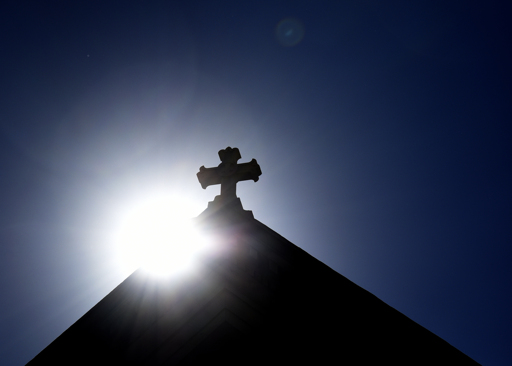The Catholic Church has issued a warning to its clergy in Washington state: Any priest who complies with a new law requiring the reporting of child abuse confessions to authorities will be excommunicated.
https://www.newsweek.com/catholic-church-excommunicate-priests-following-new-us-state-law-2069039



That’s the thing, if you violate the confidentiality of confessionals then people simply won’t confess, and then you lose the avenue for a priest to try and convince someone to address their behaviour. Maybe that’s not very effective, but it’s more effective than not having it.
In line with your assessment of the article’s agenda, I have to question how much of an issue this even is. Like, the Catholic church has a long history with child abuse, but wasn’t that primarily about Priests abusing children in their parish, and the church protecting its priests? This is an accusation that Catholics themselves are a bunch of child molesters, which is not something I’ve seen any evidence in support of.
The same line of reasoning applies to mental health professionals. But even more so since a judge can order mental health care, but not confession. So why is it considered in one case to keep the avenue open, but not the other?
Well you already pointed at why: because you can be ordered into mental health care. You can’t be ordered into confession, it’s completely voluntary. Furthermore, priests do not have a legal duty of care; they are not registered professionals with professional standards to follow. Their role is defined by the church, not law and regulation.
In a practical sense, such a law isn’t going to work much anyway. It would be almost impossible to prove that a priest had been confessed to, short of someone admitting it directly. So the only way it works is if the child abuser wants to get one over on their priest - giving the child abuser another avenue to hurt someone else.